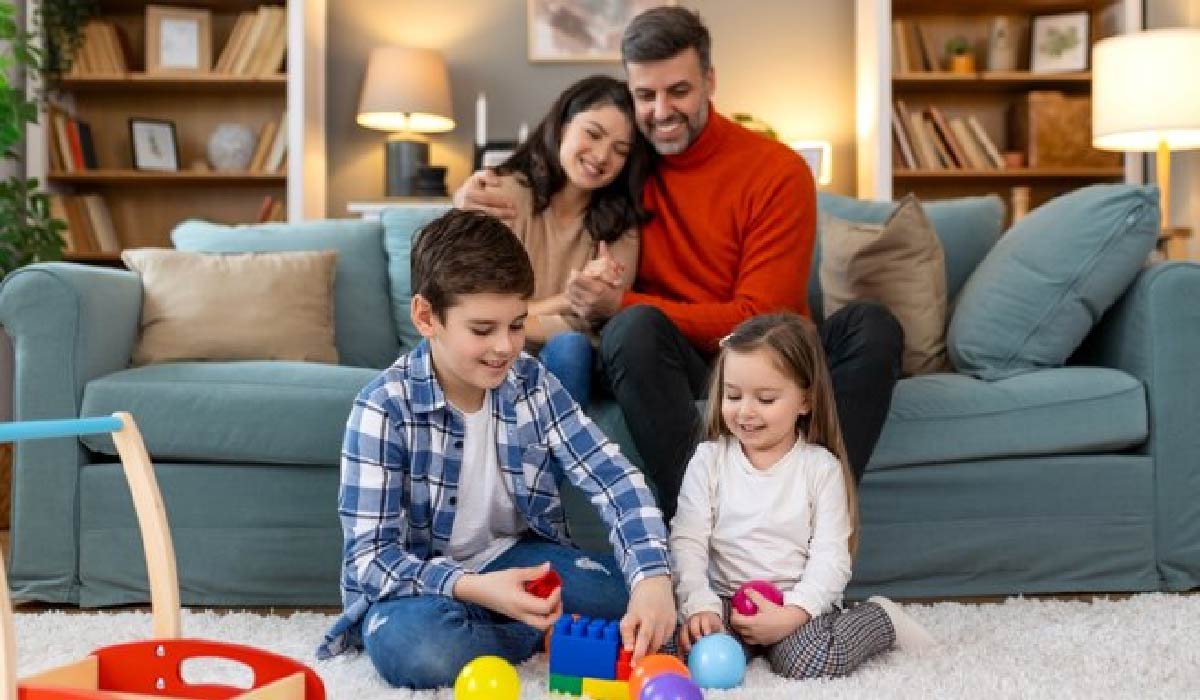Foster care can be a life-changing experience for both children and families involved. When families open their hearts and homes to foster children, it can significantly alter their family dynamics.
But what exactly does this mean? Understanding how fostering impacts relationships, routines, and overall family life is crucial for those considering this path.
Understanding Family Dynamics
Family dynamics refer to the way family members interact with each other. These interactions can shape values, communication styles, and emotional bonds within the family. When new members, like foster children, join a family, it can shift the existing dynamics in various ways.
The Initial Adjustments
For many families, the process of fostering can be exciting and stressful. Everyone in the family may experience a range of emotions, from joy to anxiety. For instance, biological children might worry about sharing their parents’ attention or space.
Communicating Effectively
Effective communication is vital during this adjustment period. Family meetings can help everyone express their feelings and discuss changes in family routines. By encouraging open dialogue, families can address misunderstandings and strengthen their bond.
Building Strong Relationships
One of the most significant impacts of fostering on family dynamics is the opportunity to build new relationships. Foster children bring unique experiences and perspectives that enrich family life.
Empathy and Understanding
Welcoming a foster child into a home can cultivate empathy among all family members. Biological children learn to understand and appreciate the diverse backgrounds of foster siblings. This can lead to greater compassion and a deeper sense of community within the family.
Strengthening Family Bonds
Fostering can also create stronger family bonds. Doing activities together like game nights, family dinners, or outings can help everyone feel included and valued. These shared experiences can help families overcome challenges together and build memories that last a lifetime.
Facing Challenges Together
Despite the many benefits, fostering can present challenges that may strain family dynamics. It’s essential to approach these obstacles with a positive mindset and teamwork.
Behavioral Challenges
Foster children may come with emotional baggage from their past experiences. They might struggle with trust or exhibit challenging behaviors due to their trauma. In these situations, the entire family must work together to provide a stable and loving environment.
Time and Resources
Foster care often demands more time and resources from a family. Parents might find themselves juggling appointments, meetings, and schoolwork for multiple children. It’s crucial to stay organized and ask for help when needed.
Promoting Positive Changes
While fostering can be challenging, the changes it brings can be incredibly positive. Families who embrace the journey often find their dynamics growing stronger in ways they never anticipated.
Life Skills and Responsibility
Through fostering, children can learn valuable life skills. For example, doing small tasks, like chores or helping with younger siblings, can build independence. This teamwork encourages everyone to work together toward common goals.
Long-Lasting Friendships
In many cases, foster children become lifelong friends and family members. Families who stay in touch with their foster children often find happiness in keeping those bonds.
Consider exploring programs like Foster Plus to learn more about how you can make a difference in the lives of children in need.
The Transformative Power of Fostering
Foster care can transform family dynamics in profound ways. By embracing the challenges and celebrating the benefits, families can cultivate stronger bonds and create a supportive environment for everyone involved. Providing a loving home is not just about changing a child’s life, but also changing your family’s life for the better.
For more helpful tips, check out the rest of our site today.













Leave a Reply